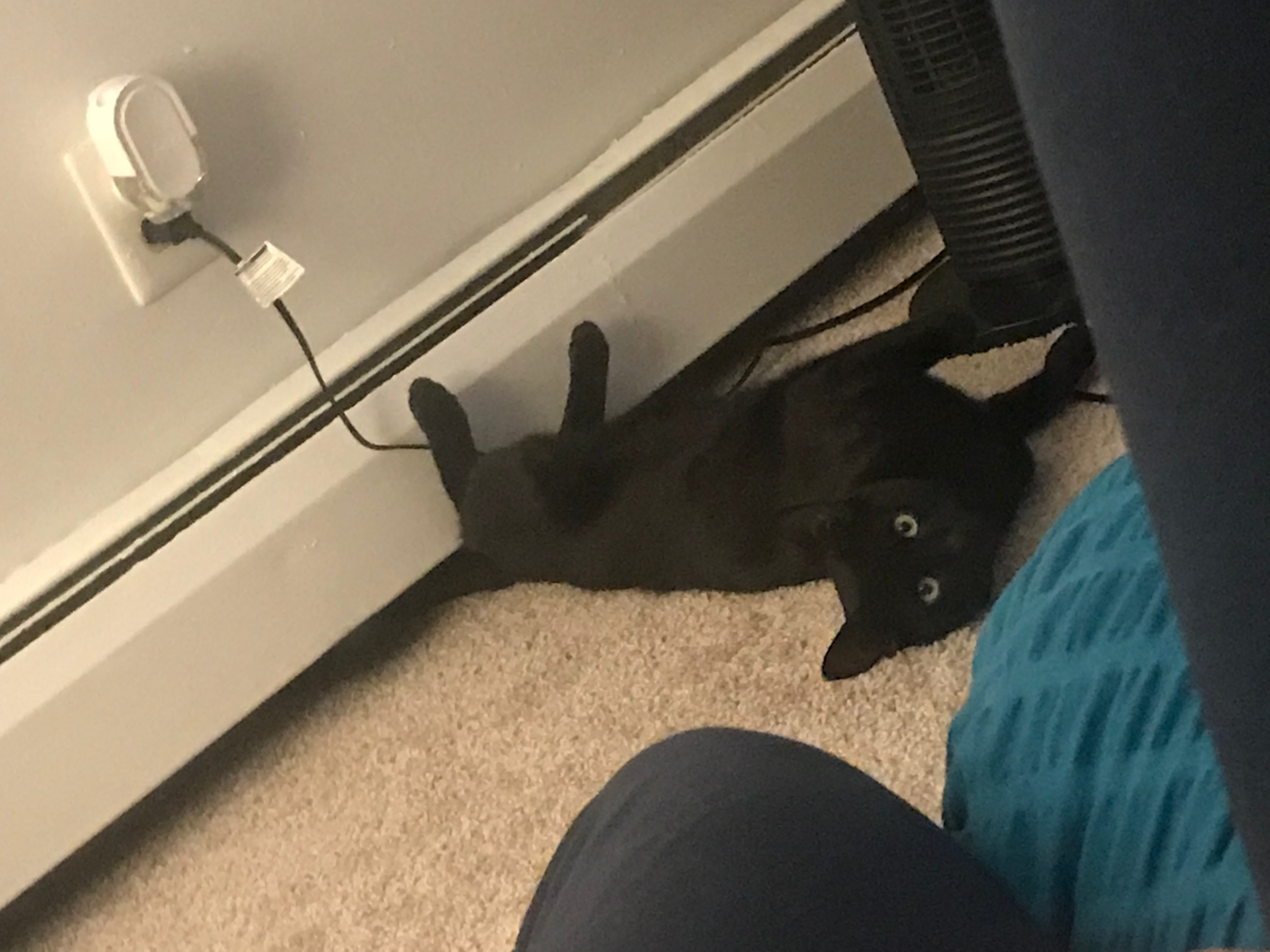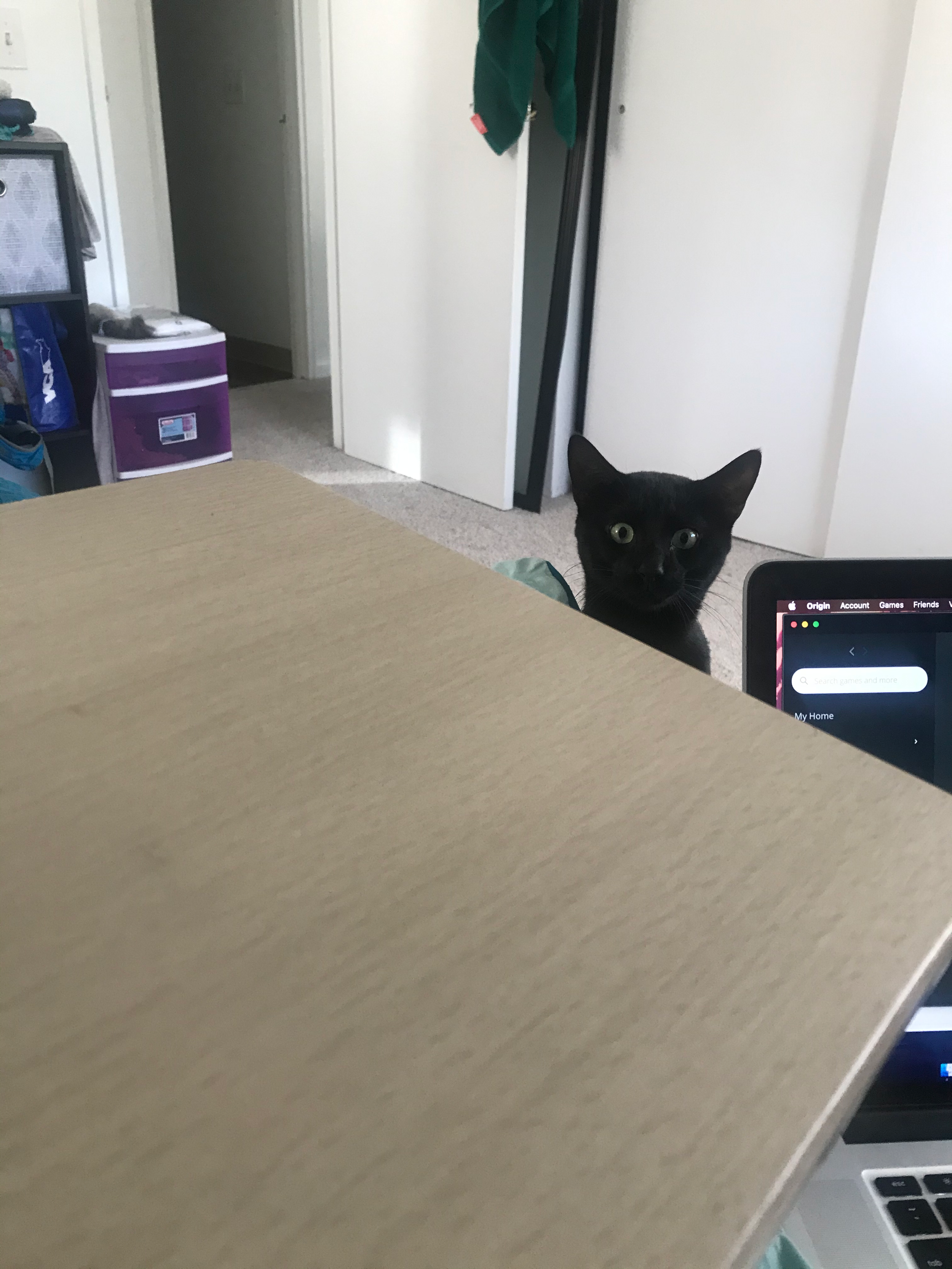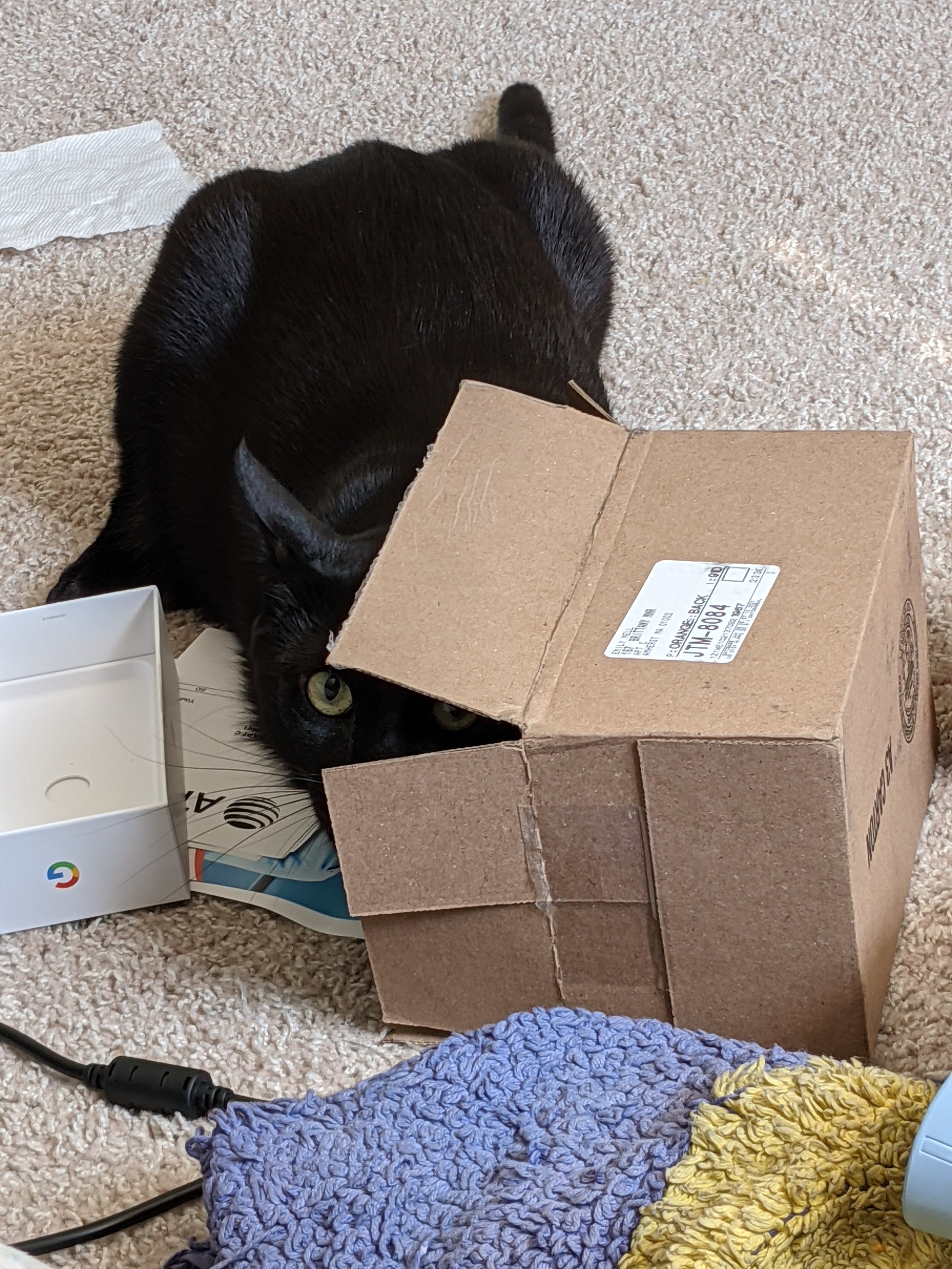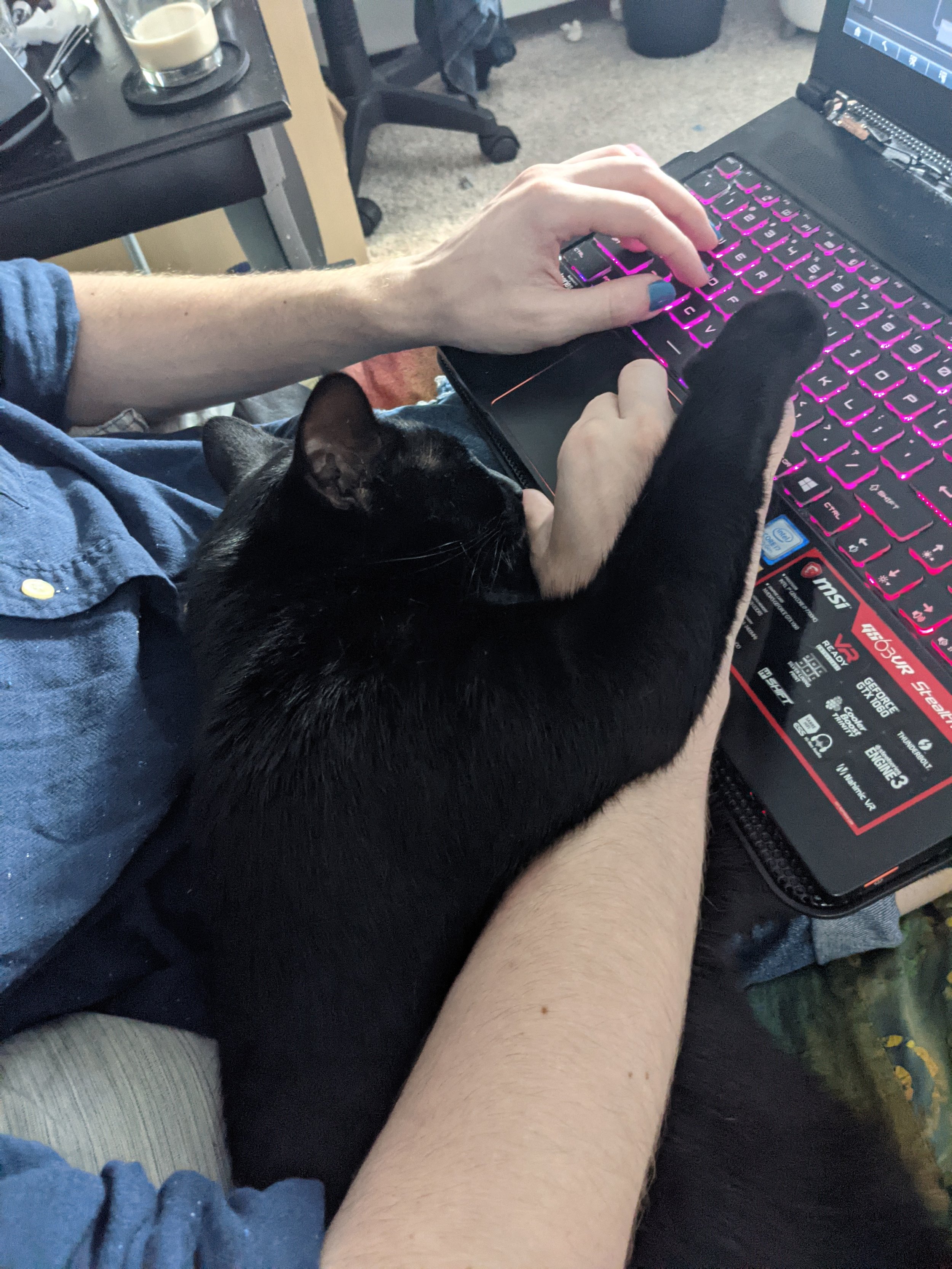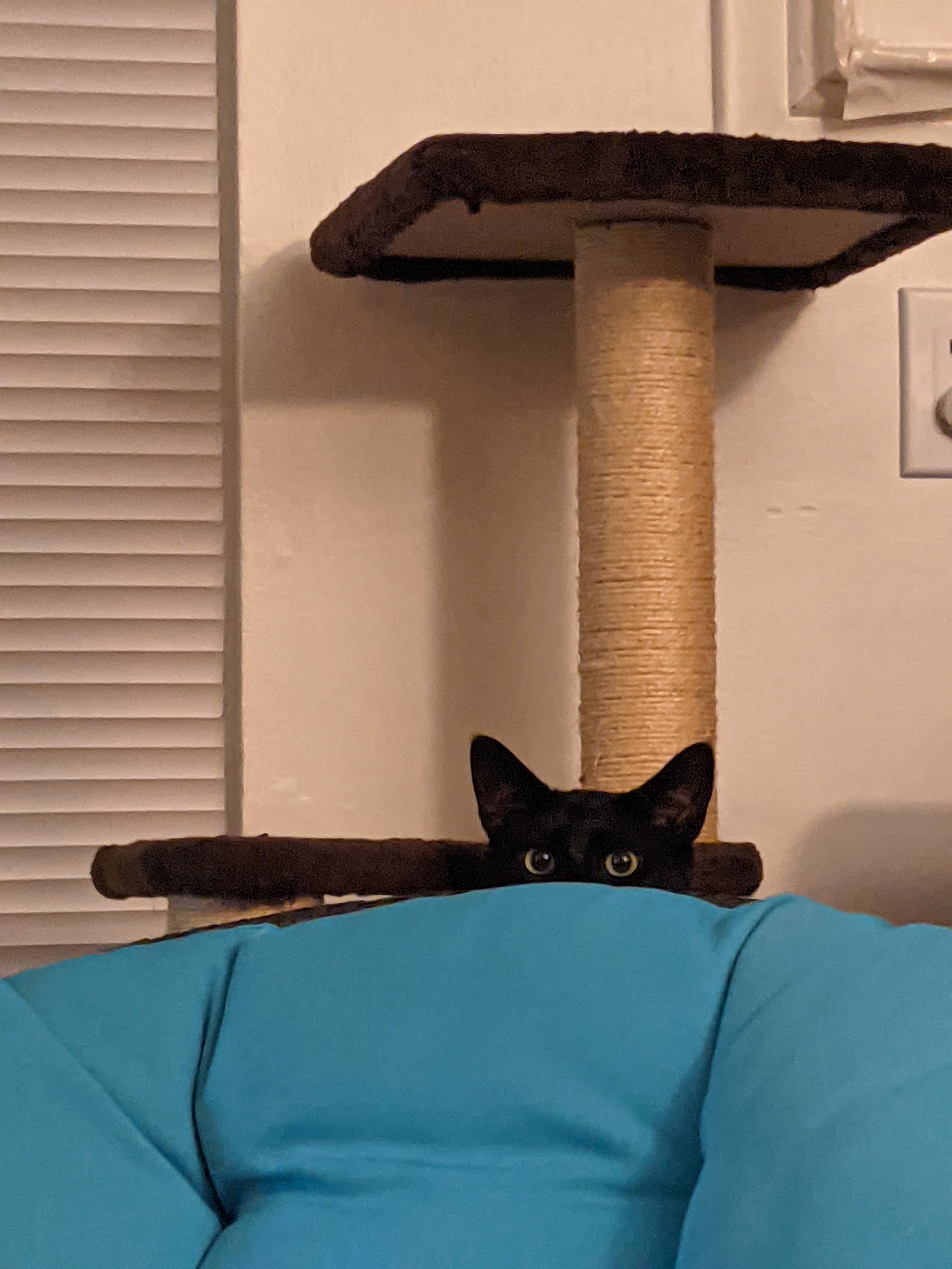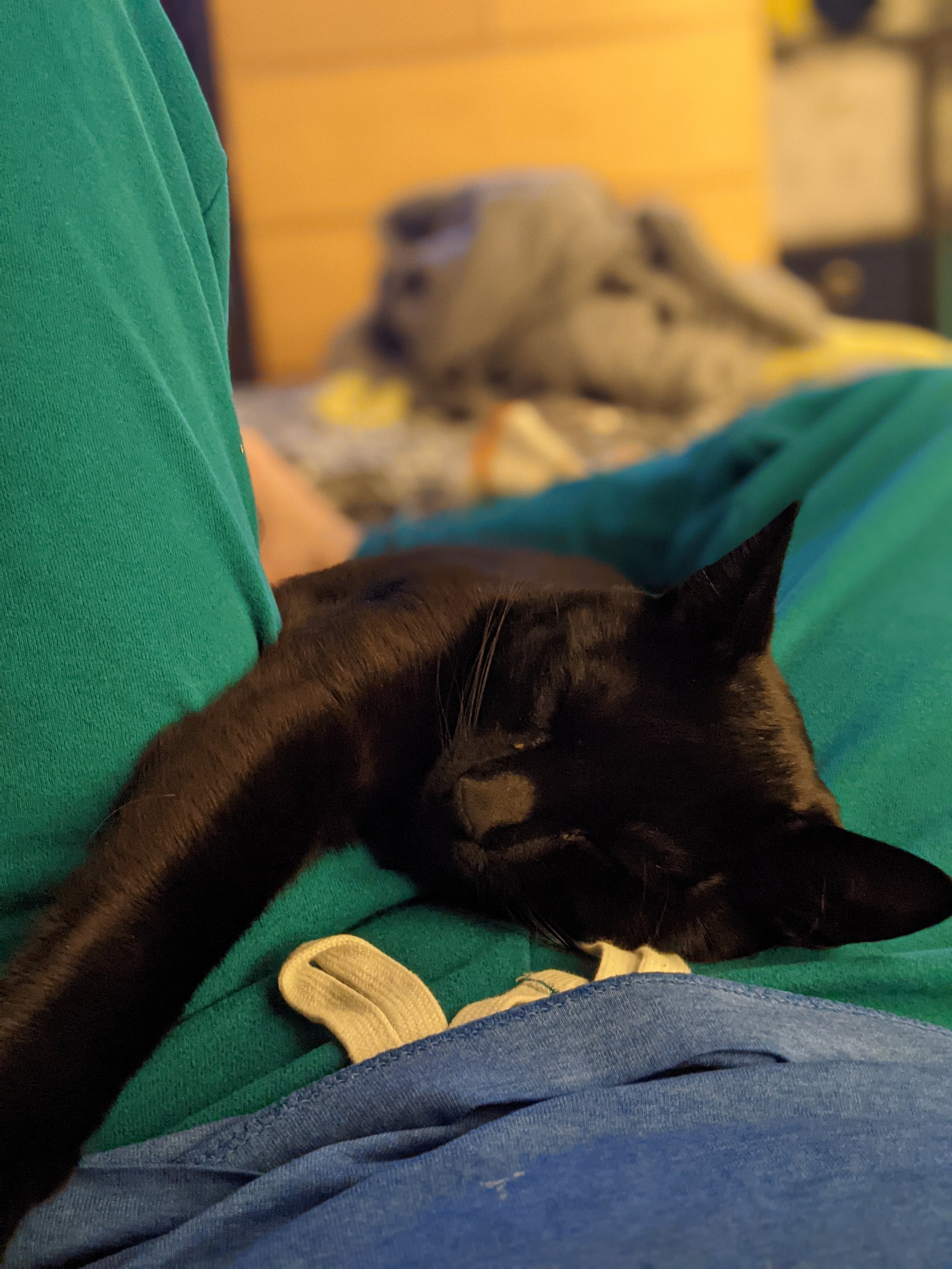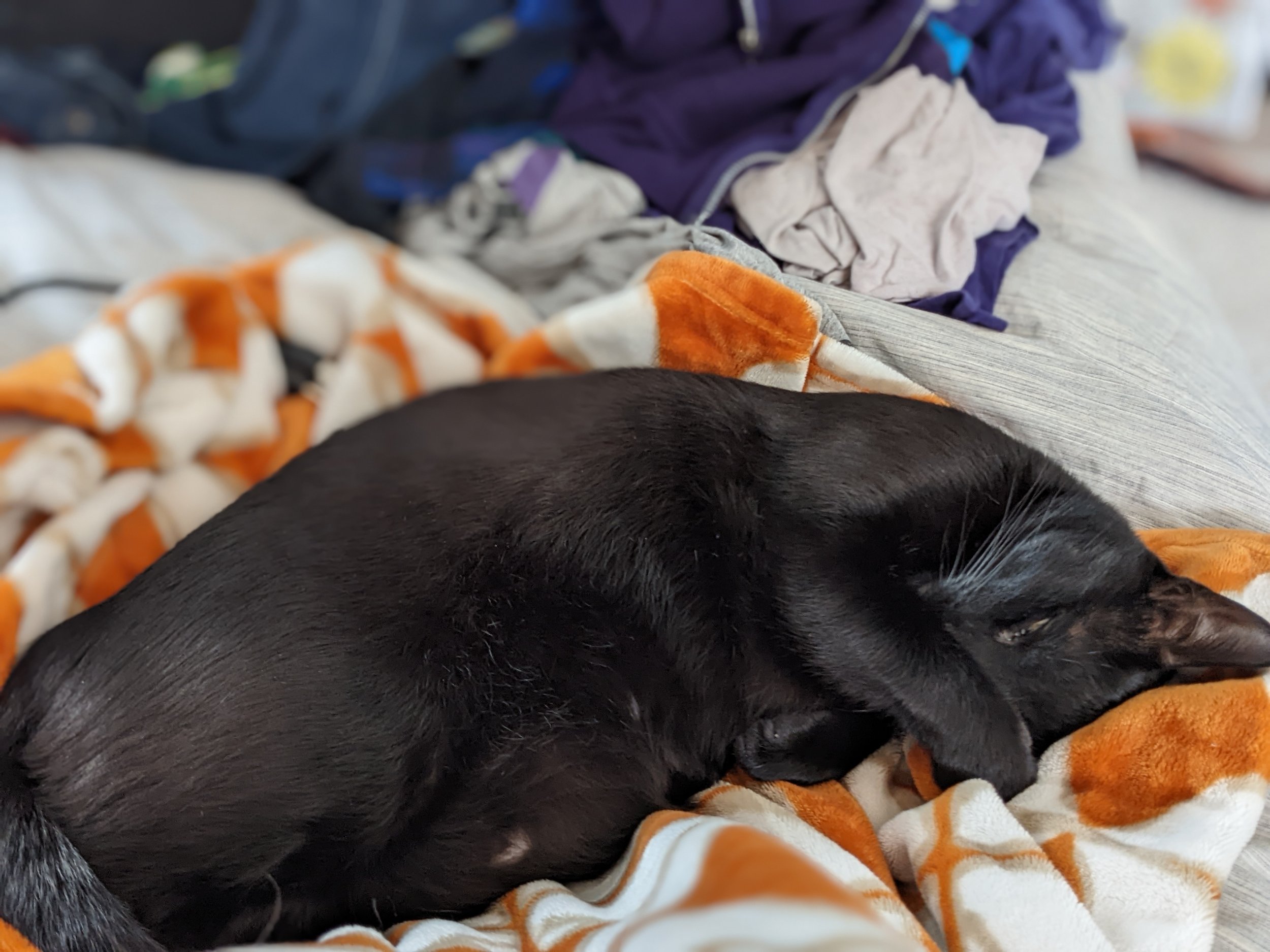The Punch Escrow by Tal M Klein
The Punch Escrow is a futuristic sci-fi novel by Tal M. Klein, published in 2017. According to a 2017 Variety article, the movie options were purchased very early on, with Muppets director James Bobin listed at the helm -- but I can’t find any more recent news or updates on it.
I read the book for my office book club, and although there were certainly things I liked and found interesting about the book, my opinion came to an overall negative, and I’d probably leave the book about 2.5/5 stars, despite the book’s generally warm reception upon release.
The novel is set in 2147 and is, more or less, about teleportation and what effectually constitutes personhood, although Klein never actually gets around to answering those questions in any meaningful—or satisfying—way.
Joel Byram, the narrating protagonist, has an inconsequential job harassing AI bots. Momentarily charming, but—and maybe it’s just because I work in tech in 2020—not particularly believable given the surrounding context.
Joel’s wife, Sylvia, is far more interesting character, but we get relatively little of her. Sylvia is a high-level employee at International Transport, and IT runs the world, you see.
Teleportation is possible in 2147; a person steps into a vestibule in location A, and is then teleported to the vestibule of location B. The safety features ensure that, in the event of a problem, the person doesn’t actually go anywhere. The idea is that the data doesn’t transfer until receipt is confirmed or whatever. There are a lot of immediate big questions about this, in text and out, but the effort to address them feels half-assed at best.
The novel that follows includes terrorism and the accidental duplication of Joel Byram. Because someone detonated a bomb in the transport center while he was teleporting, and Sylvia assumed he was dead and duplicated him because guilt/grief. And that was the project she’d been working on: Honeycomb, or a genetic copy of everyone who’d ever teleported, because drive toward immortality and power.
Complete with mad genius scientist.
The first few chapters were a slog. The prose was clunky and it was a disorienting info dump. Before I’m criticized for not understanding sci-fi conventions: I’ve read a lot of sci-fi. I get it. There’s a lot to establish. Klein uses footnotes—which are very much a device I adore in fiction, but they were so thick as to make it unwieldy and disorienting—for a lot of those explanations, but the problem was just how dense they were. My issue with it is that the footnotes contained a lot of really great fiction/creative context for things, it was all the stuff that illustrates how 2147 developed. Burying them all in the front third of the book is really a disservice to the creative footnote.
Anyway. After the first few chapters, the book felt like it opened up a bit and I started to enjoy myself. It was unfortunately short lived. Look, I’m down for a sarcastic narrator (see: the protagonist of literally every urban fantasy novel), but Byram isn’t just sarcastic, he’s an asshole. (And when he has to deal with himself—literally—for the final third of the novel, he even realizes how much he sucks. So. I’m not being that mean.)
But the crux of this novel’s problem is that it completely loses the thread about two-thirds of the way through the book. It reads very much like someone just writing a screenplay narrative concept, where the novel is essentially a proof-of-concept for a film option. And Klein only got halfway—which is to say, the movie deal. None of the Big Questions™ that come up are addressed. Teleportation isn’t harmless. Each teleportation is a deletion and reprint of the physical person, every time. So teleportation is, arguably, murder/suicide. The whole climax of the novel is a slushfest of squishy movement and politicking, ill-explained subterfuge and poorly managed relationship dynamics.
The ending was the most anticlimactic scramble of a scene I’ve read in awhile. It was the veritable definition of slapdash, and it was kind of painful to read. Character actions don’t track, based on their arcs. Motivations don’t track. The scientist gone insane rant is… I mean, tacky at best? It just felt so hollow and baseless and unfulfilling I didn’t even care about the resolution. Incoherent in a bad way. The conclusion of the outer framing story didn’t track, either, presented at the beginning as a recording of this crazy thing the reader needs to make sense of and deal with, even though… there are precisely zero consequences for anyone. Ultimately, it was very clear that Klein didn’t go into this already knowing how it ended.
The biggest philosophical question is what defines personhood. What defines a “soul”? The novel posits that teleportation results in a couple grams of “packet loss”—this is the source of religious groups’ certainty that teleportation is murder, that that loss must be the soul—but that also never comes back up, and would have been way more interesting than the mad scientist angle. I know I haven’t explained that properly, but the plot line wasn’t earned, nor was it executed with any skill whatsoever, so don’t worry about it. Also, it means that if you decide to read it, I’ve left you some surprises.
It’s also a personal pet peeve of mine when futurist sci-fi writers are exclusively obsessed with the 1980s. Being obsessed with 1980s music in 2147 is like your neighbor Chad being wicked obsessed with 1760s madrigals specifically. But bigger than that, it’s the refusal to make up or imagine culture beyond the early 2000s, i.e. culture that hasn’t happened yet. I don’t want to hear about Moron Musk being some tech hero in 2147. Make it up. Also, the conceit that Amazon Glacier will still exist in 2147 😂😂😂
Anyway.
I really wanted to like this book. The premise is cool, but it just isn’t well executed at any point. The footnotes are aggressive, then well paced, and abruptly nonexistent. Sure, there are arguments to be made in favor of that timing, but we don’t have all day, and I can’t say everything.
I’m also just not down with the idea that after all of this chaos and violence and all of everything, there are no consequences. None. No consequences! Haha! Can you believe it!? A sci-fi novel that terminates without consequences.
Wild.
I won’t say I “hate read” it, but it was very obvious when the plot fell apart, and I had to force myself to finish it. It just ceased to be a good time.
Final verdict: strong, interesting premise, failed execution.







